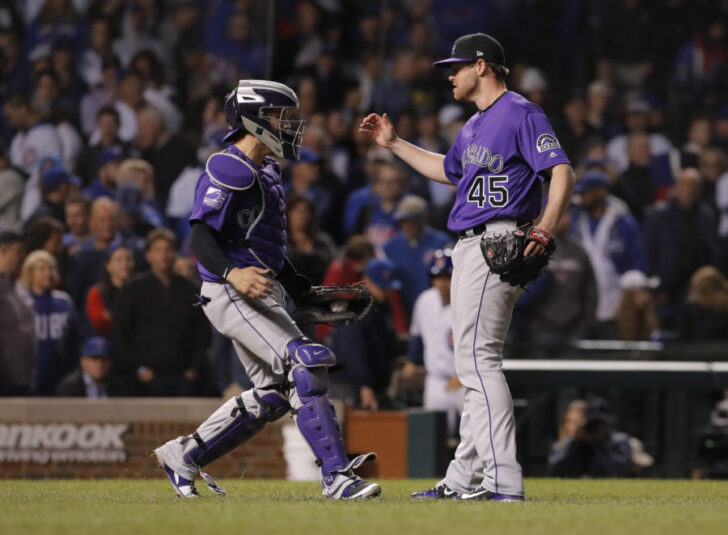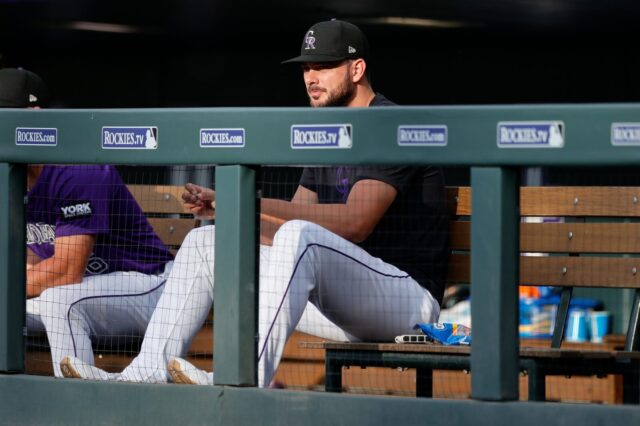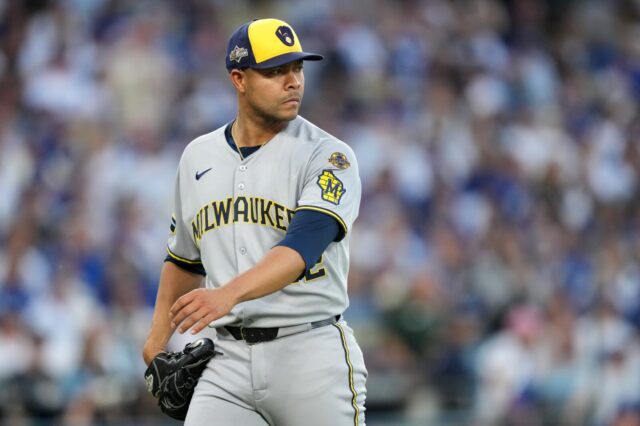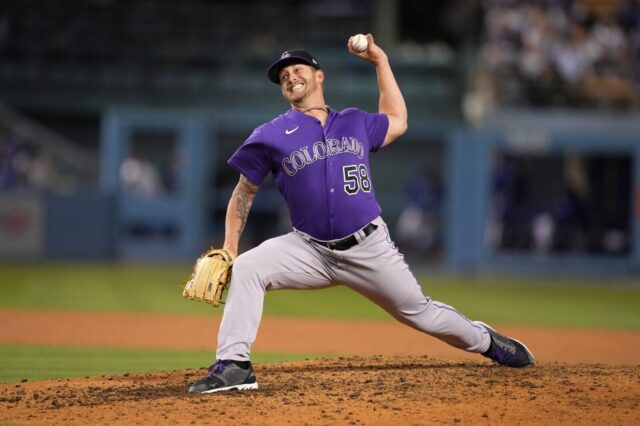“You never really know what’s going to happen in a 60-game season,” Colorado Rockies relief pitcher Scott Oberg affirmed in a zoom press conference with local media Saturday afternoon.
The last 100+ days have been a whirlwind in which everyone around the world has been affected to some capacity due to the COVID-19 pandemic. However, as the summer progresses, the world is slowly returning to a state of normalcy, with the return of sports in North America on the horizon.
Major League Baseball is set to start a makeshift 60-game season on July 23, and the World Series title is up for grabs.
Of course teams like the Los Angeles Dodgers and New York Yankees are the favorites to win the title, but the shortened season could oddly help teams that typically have an outside chance of competing for a championship.
National media has jumped on a few “sleeper” teams to keep an eye out for in 2020, including the Cincinnati Reds and Toronto Blue Jays, among others. Cincinnati and Toronto are indeed talented teams, but the Rockies should get more consideration as a squad to be on the lookout for in 2020, given their early-season history and loaded offense.
The Rockies posted a record of 31-29 through 60 games in 2018 and 2019. Back in 2017, the Rockies got off to a sizzling start with a 37-23 record through the first five dozen games. At that season’s mark, the Rockies were in first place in the NL West.
Additionally, the shortened Spring Training period and season will undoubtedly affect player performance, and I tend to believe hitters will have a natural advantage against pitchers.
Here’s why:
Pitchers are typically the first players to report to Spring Training and use the entire 6-7 week period to get acclimated to the workload of a season.
This year, pitchers were five and half weeks deep into Spring Training when the sport shut down. In the months that followed, many players were limited in their training access, confined to their homes and local fields. Now pitchers and position players have roughly three weeks to get into game shape, which is no easy task.
Rockies’ skipper Bud Black has acknowledged starting pitchers will not be able to pitch as deep into games as they typically would due to the circumstances. In turn, teams will be forced to rely more on their bullpen in 2020. Let’s not forget that this will be the first season in which there is a three batter minimum for all pitchers, which is another can of worm on top of an already obscure season.
The designated hitter is also coming to the National League for the first time in 2020, and the Rockies are loaded with offense to fill the hole, including the newly signed Matt Kemp who has stellar career numbers at Coors Field.
Of course, the Rockies have long been criticized for playing at altitude, with many people discrediting their offensive production and credibility in the National League. While that is up for debate, by training at altitude for three weeks leading up to the season, the Rockies will become acclimated to the alternate playing conditions.
“Having these three weeks is actually, I think really going to be beneficial for our pitchers to really hone in and lock in on their breaking pitches,” Oberg said. “It will definitely help our hitters get readjusted and reacclimated to our ballpark. I think it will give us a little bit of an advantage going forward. You never really know what’s going to happen in a 60-game season.”
Altitude has a profound effect on breaking pitches. For instance, curveballs don’t tend to have as much movement because “there is less drag on an object in flight at high altitudes,” which is why most pitchers who experience success at Coors Field typically have sharp command and a fastball-changeup combo.
All things considered, some of the changes to the 2020 season play in favor of Colorado, and the team plans to take advantage of it.
“I think it will play well for us,” Oberg said. “We are in a unique situation in the sense that we get to practice in our home ballpark in our home altitude for the first time than we have in years prior where we are always doing our spring training in Arizona and usually start on the road for a week and then kind of get hit in the face by the altitude a little bit when we come back home.”
The 2020 season is a mystery, but if history is any indication of how the campaign will play out, the Rockies could fare well despite some flaws within the organization.
“We have historically started off pretty hot, and hopefully we can continue that to put ourselves in a position to be in contention for a division title,” Oberg said.
It’s a new dawn.



